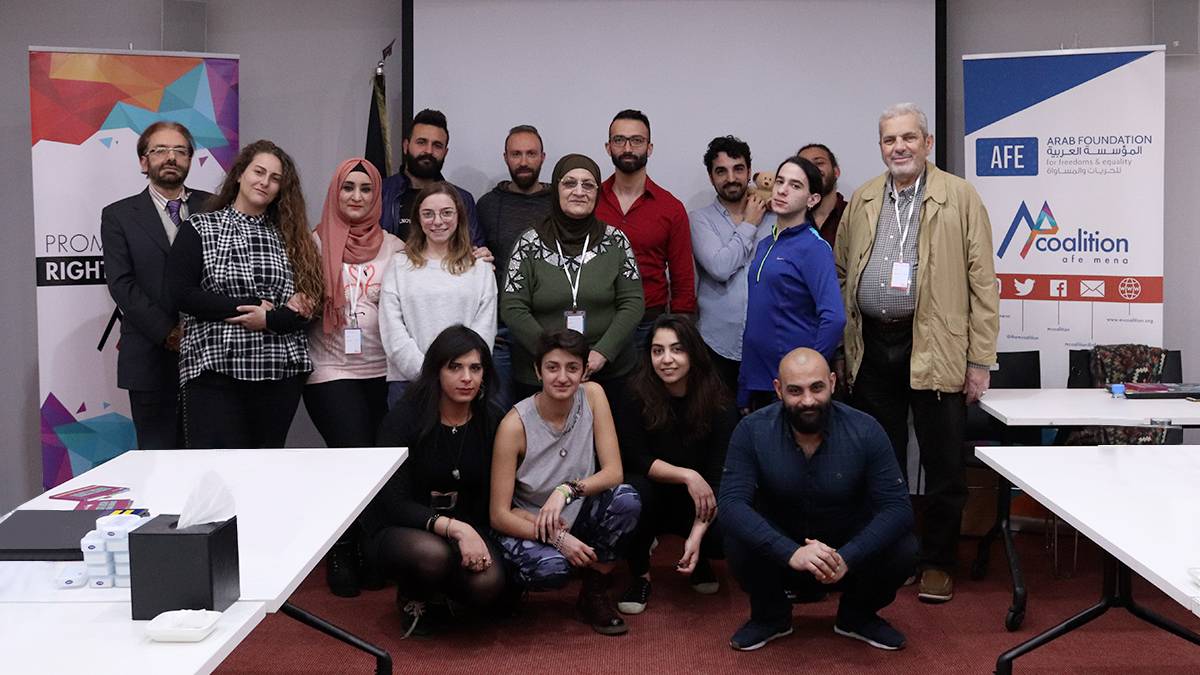
M-Coalition
Based in Lebanon, M-Coalition encourages and supports activists in the Middle East and North Africa (MENA) region who strive to defend the rights of LGBTQI+ persons and people living with HIV (PLVIH), sexual and mental health and gender equality.

In Arabic, “M” is the first letter of the words “homosexual”, “gay”, “transgender” and “bisexual”. Created in 2014, the non-profit started off providing support to men who have sex with men (MSM) before broadening their scope to include activities related to sexual and mental health and defending the rights of the LGBTQI+ community and PLHIV. M-Coalition hopes to make life easier for these populations by mapping the services in around twelve countries in the region. Clips of the group’s awareness raising campaigns shared on social media that encourage young people to get screened have set new records for the most views.
Alongside these actions, toolboxes and reports are made available to the public about the methodology of support groups, the quality of HIV testing and rights violations of PLHIV. The latter includes the study entitled “My mirror”, which reveals the needs of transgender persons in the region and offers some solutions. Guides intended for the families of the key populations as well as service providers are also published regularly. The media observatory, another activity run by M-Coalition considers how HIV is handled in the media in the region and organizes training on the subject for journalists.
By adapting its strategy to emergency situations, the non-profit has also recently held a webinar on COVID-19 and working from home for its regional partners and also provided emergency assistance (food parcels, hygiene kits, housing support, psychological support) to help respond the fallout of the crisis in Lebanon.
Key Figures
M-Coalition
years delivering support to LGBTQI+
non-profits in the network
people used Sanadi in 2019
Close up
Sanadi 2.0, a unique platform for information and services in the region
The Sanadi project first came about in 2016 when M-Coalition and the Arab Foundation for Freedom and Equality (AFE) decided to combine their ambitions and resources in order to improve access to HIV and sexual health services in the MENA region. A study of 165 screening centres was thus carried out across six countries in the region, leading to the creation of a portal that allows individuals to find services linked to HIV and access information about the quality of the services offered. Today, Sanadi 2.0 is a large-scale programme, which still has access to services as its core function but also covers knowledge sharing, networking and emergency preparedness more broadly. Four main activities form the core functions of Sanadi:
- The health index. Intended for HIV service providers, this index measures the efficacy of institutions and their adherence to international health recommendations and the impact of their actions. What approach should be adopted with a transgender person? How should you support a person through the process of revealing their HIV status to their partner? All of this information and more is made available to service providers to help them improve their level of service.
- A services map and the website. Sanadi lists HIV-related services across 14 countries in the MENA region in three languages. Constant work is undertaken to enhance this resource, improve the technical interface and add new information aimed at PLHIV and key populations.
- Courses and training. With 80% online modules and 20% face-to-face training provided by partners on the ground, the “teaching” segment covers a broad range of topics linked to public health and especially those relating to PLHIV and key populations. With support from international organisations such as UNAIDS, the WHO or the UNDP, the regional partners train and assess more than 70 people every year on a range of subjects such as emergency preparedness and responses, sexually transmitted diseases, gender-based violence, tuberculosis, hepatitis, etc.
- Partnerships and networking. The project relies on the establishment of close operational and financial partnership with local organisations and international institutions. Involving governments of countries in the region is also one of the aims of Sanadi 2.0, thanks to the support of UN agencies such as UNAIDS and the WHO.